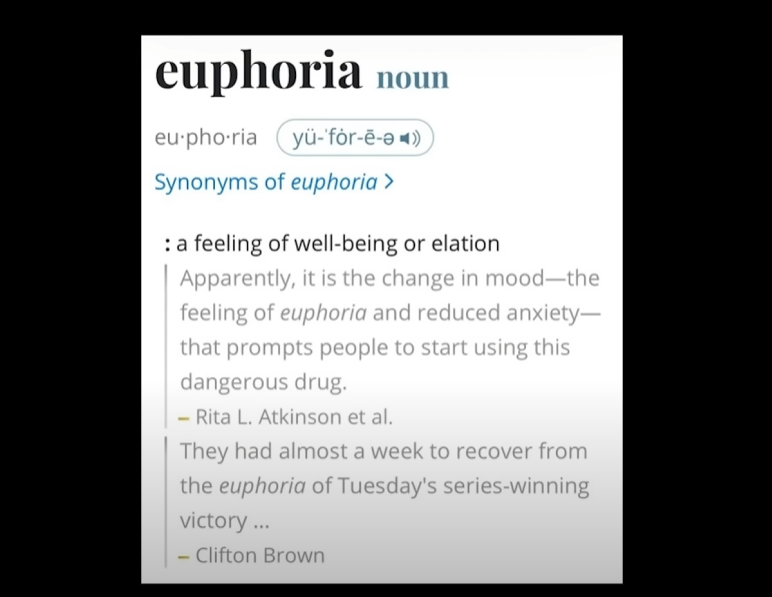
In 2002, a respiratory illness swept through southern China. Victims contracted pneumonia, and in some instances the disease proved fatal. The illness, Severe Acute Respiratory Syndrome (SARS), eventually infected 8,273 people and killed 775. Last year, a coronavirus — the same type of virus as SARS, and with similar symptoms — infected over 100 people in the Middle East.
Labeled as Middle East Respiratory Syndrome (MERS), it has since infected 108 and killed 50, mostly people who live in the Middle East or had traveled there. Because of the similarities between the viruses, MERS has the potential to spread as severely as SARS — if not more so.
In October, an annual pilgrimage to Mecca known as the Hajj will take place, an event which brings millions of people to the Middle East. They will be densely packed together, providing the perfect storm for MERS to go global. Precautions must be taken to prevent a pandemic, and health authorities worldwide should be on the lookout for any sign of the disease.
SARS, unlike viruses such as influenza, is contagious after people get sick, after they’ve taken precautions to stay home or go to the hospital. The main people at risk for SARS are family members of the infected and hospital workers. Once the hospital workers realized how dangerous it was, they took preventative measures to avoid infection.
So far, MERS seems to be zoonotic, with cases occurring sporadically. However, there have been a few cases where people contracted the illness from another person — similar to SARS — from people who were in close contact with the infected while they were sick. The high amount of people who will be traveling during the Hajj makes the spread of the virus more likely.
Since it’s so crowded and people aren’t in their native lands, someone who catches the virus and gets sick won’t be near their home, so staying home is out. They might not be familiar with the local hospitals or medical procedures.
Even if a contagious individual remains in their hotel, the other occupants of the hotel would be in jeopardy. Or, even worse, a sick person might fly home while being contagious. In that case, they could infect people on the airplane. Either way, MERS could spark a chain reaction.
It is also possible that the more people the virus passes to, the more it will adapt to living in humans and the more infectious it will become. MERS most likely comes from bats — an article recently published in the Emerging Infectious Disease Journal found that there is a coronavirus in bats with only a very slight difference in genomes. Camels have also been proposed as a reservoir. Either way, right now the sporadic cases are from animals, and that means that there are still plenty of opportunities for people to become infected.
Hajj attendees should be warned about the symptoms of MERS and encouraged to seek immediate medical attention if they fall ill with a respiratory infection. Local doctors and nurses should take the same precautions that were in effect during the SARS outbreak with any patient that has a respiratory infection. In addition, doctors and nurses all over the world should be warned of symptoms to look out for and should take note of any atypical pneumonia characteristic of MERS.
There is a lot of fear-mongering going around about the next pandemic, but if everyone knows what to look for and takes the right precautions, MERS doesn’t have to be the one.









